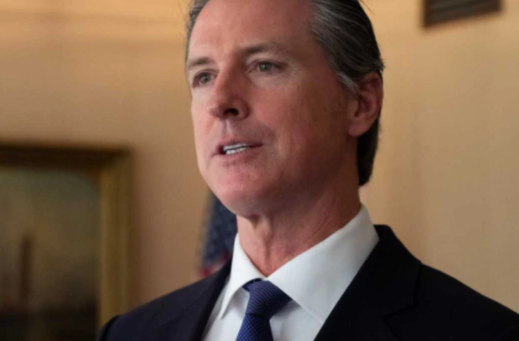California is preparing for a significant increase in its minimum wage to $20, set to begin in April. Fast-food chains in the state are getting ready for the financial impact by making changes such as job cuts and operational adjustments.
As reported by The Wall Street Journal, some restaurants, especially pizza chains, have started reducing staff to lessen the expected effects on their finances. Michael Ojeda, a 29-year-old Pizza Hut driver from Ontario, California, expressed his disappointment to the newspaper, saying, “Pizza Hut was my career for almost ten years, and it was taken away with little warning.”
Last year, multiple Pizza Hut franchises in California submitted notices to comply with the Worker Adjustment and Retraining Notification Act, indicating the end of delivery services and the loss of many delivery driver positions.
Similarly, Southern California Pizza Co. announced layoffs in December that impacted around 841 drivers in the state and various Pizza Hut locations in different counties. A spokesperson for Southern California Pizza Co. acknowledged the workforce changes, attributing them to a transition to third-party delivery services.
“While it is unfortunate, we look at this as a transfer of jobs,” the statement read. “Many California restaurant operators are following the same approach due to rising operating costs.”
Acknowledging the potential ripple effects, FAT Brands admitted that delivery fees might increase, leading to higher prices for customers due to the transition.
Brian Hom, the proprietor of two Vitality Bowls eateries in San Jose, echoed these sentiments. He mentioned that he now operates with a smaller staff to counterbalance rising labor costs, resulting in longer wait times and potentially higher menu prices for customers. The impending wage law, which affects employees in fast-food chains with 60 or more locations nationwide, has sparked a heated debate.
Advocates argue that many fast-food workers are not just teenagers in entry-level positions, challenging the opposition’s narrative. On the other hand, California Assembly Republican leader James Gallagher criticized the mandate, stating, “Restaurants are struggling to survive, and Democrats just made it harder for them.”
However, amidst the enforcement of the wage law, there have been allegations of favoritism. Initially exempt from the law, Panera Bread came under scrutiny after accusations emerged that California Governor Gavin Newsom pushed for the exemption to benefit billionaire Greg Flynn, a significant donor. Governor Newsom denied the allegations and announced in February that Panera would have to comply with the new law.
As California prepares for the significant changes that will come with the $20 minimum wage, the state’s fast-food industry is navigating uncertain territory, dealing with the challenges of following the law and maintaining financial sustainability in a landscape marked by rising operational costs and changing consumer demands.




